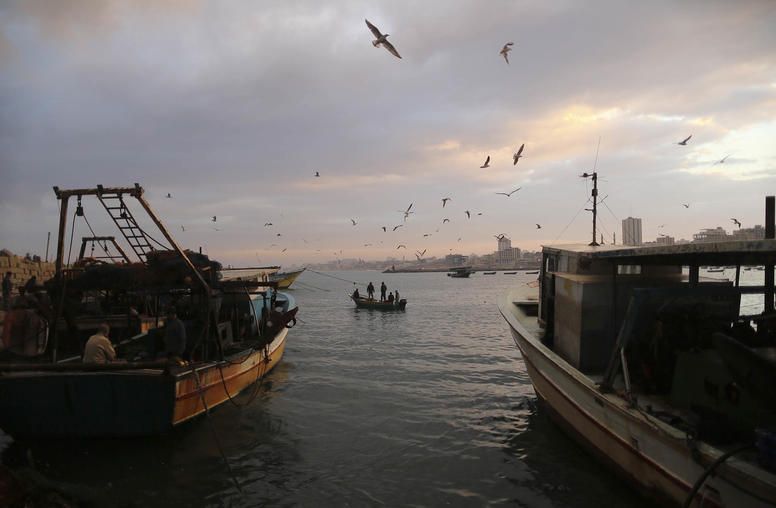Coronavirus and Local Peace Building Efforts in North Africa
Reflections from Libya, Tunisia, and Egypt
In March, after U.N. Secretary-General Antόnio Guterres called for a global cease-fire amid the COVID-19 pandemic, many political analysts saw an opportunity for peace. However, the stark reality in many conflict zones today shows that, so far, that opportunity has been missed. Cease-fires are being ignored, and the politics of the pandemic have enabled violence rather than deterred it—a trend that has serious humanitarian implications. But in North Africa, the pandemic and subsequent surge in violent conflict have not stopped local actors from continuing their work, with some impressive results.
On August 6, USIP and ODI hosted a panel discussion featuring peacebuilding experts and practitioners from North Africa. The online conversation looked at the implications of COVID-19 on peacebuilding at the local level in three particular North African contexts: Libya, Tunisia, and Egypt.
Continue the conversation on Twitter with #COVIDInNorthAfrica.
Speakers
Dr. Mike Yaffe, opening remarks
Vice President, Middle East and Africa, U.S. Institute of Peace
Mr. Ahmed Albibas
CEO, Moomken Organization for Awareness & Media (Libya)
Mr. Ahmed Abdelwahed
Member of USIP’s Regional Facilitators Forum (Egypt)
Dr. Tarek Ghazel
Member of USIP’s Alliance of Tunisian Facilitators (Tunisia)
Dr. Sherine El Taraboulsi-McCarthy
Interim Senior Research Fellow, Politics and Governance, ODI
Dr. Elie Abouaoun, moderator
Director, Middle East and North Africa, U.S. Institute of Peace



